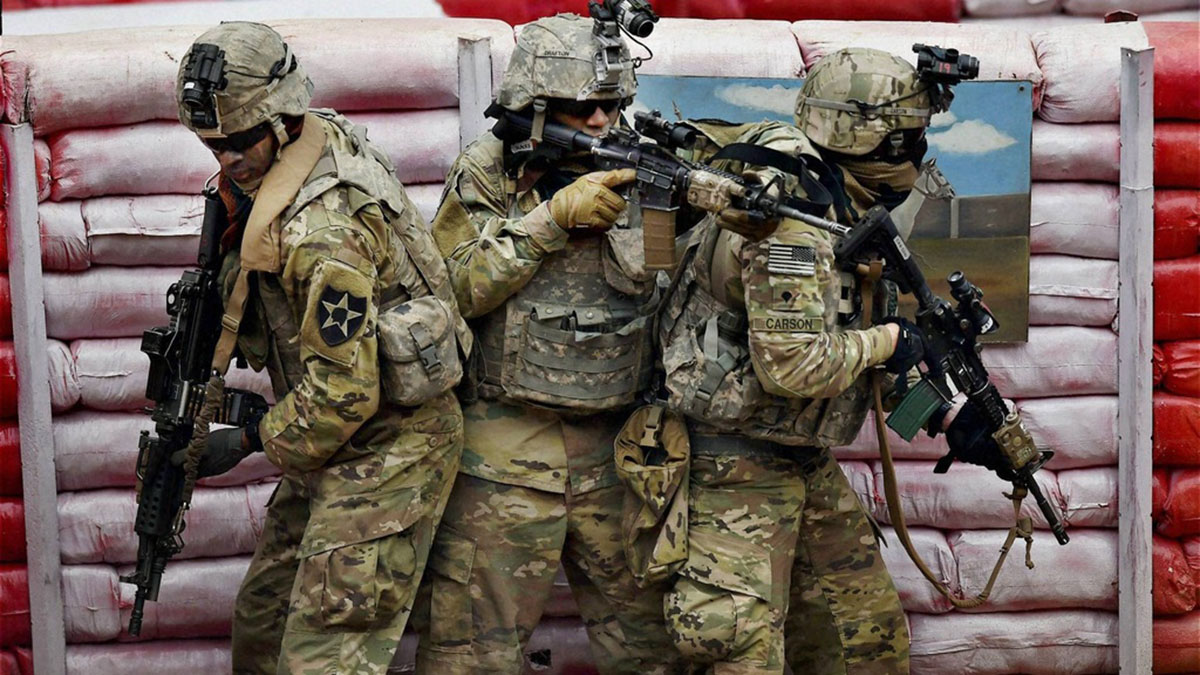In international relations, the intricacies of diplomacy often shape the course of nations’ interactions. However, recent events in Niger, a country nestled in West Africa, highlight a significant failure in American foreign policy. What initially seemed like a strategic military presence in the region has now unravelled into a debacle of diplomatic proportions.
Niger at crossroads
Niger, with its population of approximately 25 million people, finds itself at a crossroads. Situated within the so-called “coup belt” of West Africa, the country faced a significant upheaval last July when the military ousted and imprisoned President Mohamed Bazoum. Subsequently, a junta assumed power, citing two primary reasons for their takeover: to combat a terrorist insurgency in the region more effectively and to remove French troops, remnants of Niger’s colonial past, from the country.
Uncertainty over American troops
The departure of French forces, who were deeply unpopular in Niger, was swiftly followed by the withdrawal of European Union troops. However, American military presence persisted, anchored by approximately 1,000 troops stationed at Air Base 201 near the city of Agadez. This base, constructed at a substantial cost of $110 million, housed a fleet of MQ-9 Reaper drones and was primarily utilised for anti-terror operations.
The dynamics shifted dramatically following the coup, halting anti-terror operations in Niger. Nevertheless, American troops remained, albeit in a state of standby, occasionally engaging in self-defence operations. The junta’s decision to denounce the agreement concerning the presence of American military personnel signalled a turning point in the relationship between Niger and the United States.
“The Government of Niger, taking into account the aspirations and interests of its people, resolves in all responsibility to denounce with immediate effect the agreement relating to the status of United States military personnel and civilian employees of the US Department of Defense on the territory of the Republic of Niger,” said Niger military spokesperson Colonel Amadou Abdramane.
Impact Shorts
More ShortsUS hard stance backfires
A high-level American delegation, including Assistant Secretary of State Molly Phee, Assistant Secretary of Defence Celeste Wallander and General Michael Langley of the US Africa Command, visited Niger recently. However, instead of fostering constructive dialogue, they chastised the junta, exacerbating existing tensions.
“The Government of Niger therefore strongly denounces the condescending attitude combined with the threat of reprisals by the head of the American delegation against the government and the people of Niger,” said Colonel Abdramane.
The situation escalated further with Niger’s pivot towards Russia and Iran. The deployment of Russian Wagner mercenaries to aid Niger in its fight against terrorism, coupled with diplomatic overtures towards Iran, irked American officials. Accusations of Niger attempting to sell uranium to Tehran added fuel to the fire, prompting Niger’s junta to vehemently deny the allegations.
“The Government of Niger rejects the misleading allegations made by the head of the American delegation, who maintains that it had signed a secret uranium agreement with the Islamic Republic of Iran. This cynical approach, usually used to discredit, demonize and justify their threats against states, is reminiscent of the second Iraq war,” said Colonel Abdramane.
Consequently, Niger’s stance solidified, demanding the expulsion of American military personnel. While the decision is not final, the United States finds itself scrambling to salvage its relations with Niger and retain its military base. However, the debacle underscores a broader issue of American diplomatic tactlessness as evidenced by their coercive approach towards a smaller nation.
In retrospect, a more nuanced and restrained diplomatic strategy could have averted this crisis. Instead, America’s heavy-handed tactics have backfired, jeopardising not only its military interests but also its standing in the international community. The Niger episode serves as a cautionary tale, highlighting the repercussions of diplomatic missteps in a complex geopolitical landscape.
Views expressed in the above piece are personal and solely that of the author. They do not necessarily reflect Firstpost’s views.


)

)
)
)
)
)
)
)
)



